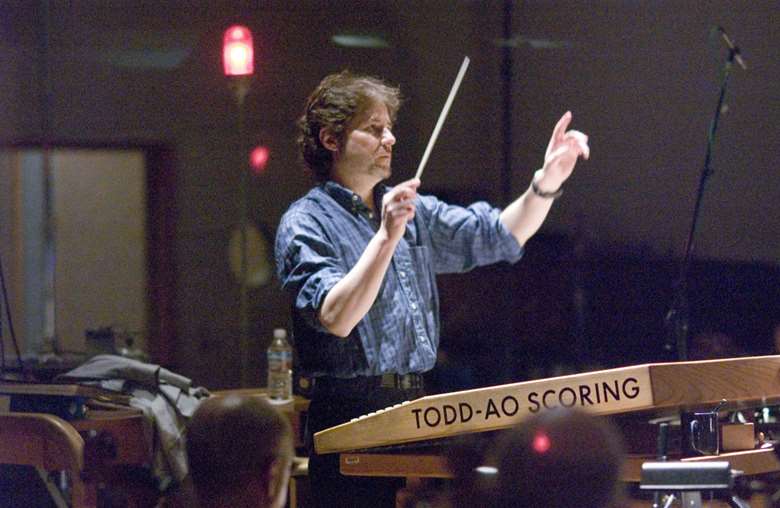Oscar-winning composer James Horner has died in a plane crash aged 61
Gramophone
Tuesday, June 23, 2015
Born August 14, 1953; Died June 22, 2015

Register now to continue reading
Thanks for exploring the Gramophone website. Sign up for a free account today to enjoy the following benefits:
- Free access to 3 subscriber-only articles per month
- Unlimited access to our news, podcasts and awards pages
- Free weekly email newsletter






